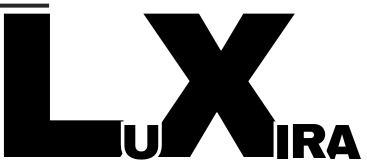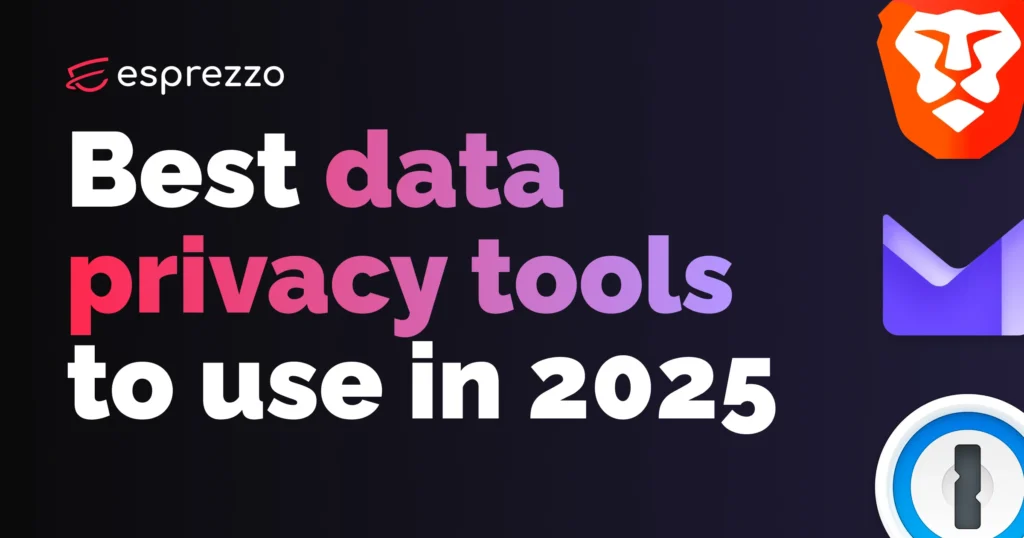
I T IS BECOMING increasingly clear that we need to prot
In a digital world, securing your personal information is more important now than ever. As the frequency and sophistication of data breaches continue to escalate, and 87% of consumers are in favor of a ban on selling data to third parties without permission, the market for powerful privacy tools has never been greater. Secureframe
According to recent figures, 85% of adults around the world wish they could do more to protect their privacy, and one in four Americans run into privacy policies on a daily basis. Meanwhile, 42.8% of Android apps and 72.6% of iOS apps do collect data, and we almost never know this is happening. Exploding Topics
This is a deep dive into the best privacy tools of 2025: what they are, how they work, and how you can use them to keep your personal information safe and secure on digital platforms.
VPNs: Your First Line of Defense

Virtual Private Networks (VPNs) remain one of the most essential privacy tools in 2025, creating an encrypted tunnel for your internet traffic that prevents ISPs, hackers, and other entities from monitoring your online activities.
Top VPN Services in 2025
- NordVPN: Industry-leading with advanced features like Double VPN and Onion over VPN, NordVPN continues to provide exceptional security combined with impressive speeds. Their latest implementation of RAM-only servers ensures no logs are stored on physical drives. TechRadar
- Mullvad VPN: The gold standard for anonymity, Mullvad requires no personal information—not even an email address. Their commitment to privacy extends to accepting cash payments and cryptocurrency, with independently audited security protocols. PCWorld
- Proton VPN: Developed by the same team behind ProtonMail, this privacy-focused VPN offers a no-logs policy that has been verified in court. Their free tier provides unlimited bandwidth—a rarity in the VPN space. Tom’s Guide
- Surfshark: Recognized as the fastest VPN in 2025 benchmarks while maintaining strong privacy credentials. Their affordable pricing and unlimited device connections make them particularly popular for families. TechRadar
When selecting a VPN, focus on providers that offer robust encryption standards (AES-256), a strict no-logs policy, and preferably those based in privacy-friendly jurisdictions outside the “14 Eyes” intelligence alliance countries.
Secure Browsers: Shutting the Window on Trackers
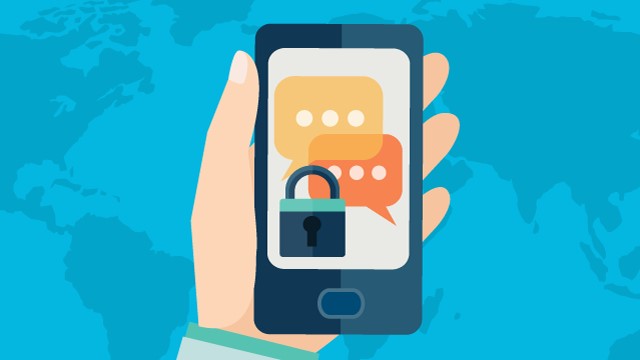
Your browser is your primary interface with the internet, making browser security paramount in protecting your digital footprint.
Best Private Browsers in 2025
- Brave: Built on Chromium but stripped of Google’s tracking elements, Brave blocks ads and trackers by default. Recent tests by PrivacyTests.org confirm Brave provides the strongest protection against tracking among mainstream browsers. PCMag
- Firefox with Privacy Enhancements: Mozilla’s Firefox continues to be a strong privacy contender, especially when configured with privacy-enhancing extensions. The Extended Tracking Protection feature blocks numerous trackers automatically. ZDNet
- Librewolf: A fork of Firefox designed specifically for privacy, Librewolf comes pre-configured with optimal privacy settings and strips away telemetry. It’s ideal for users seeking strong protection without manual configuration. Reddit
- Tor Browser: For maximum anonymity, Tor Browser routes your traffic through multiple encrypted relays. While it sacrifices some speed, it remains the go-to solution for situations requiring the highest level of privacy. Privacy Guides
To enhance your browser’s privacy, consider installing extensions like uBlock Origin (ad blocking), Privacy Badger (tracker blocking), and HTTPS Everywhere (secure connection enforcement).
Encrypted Email Services: Protecting Your Communications
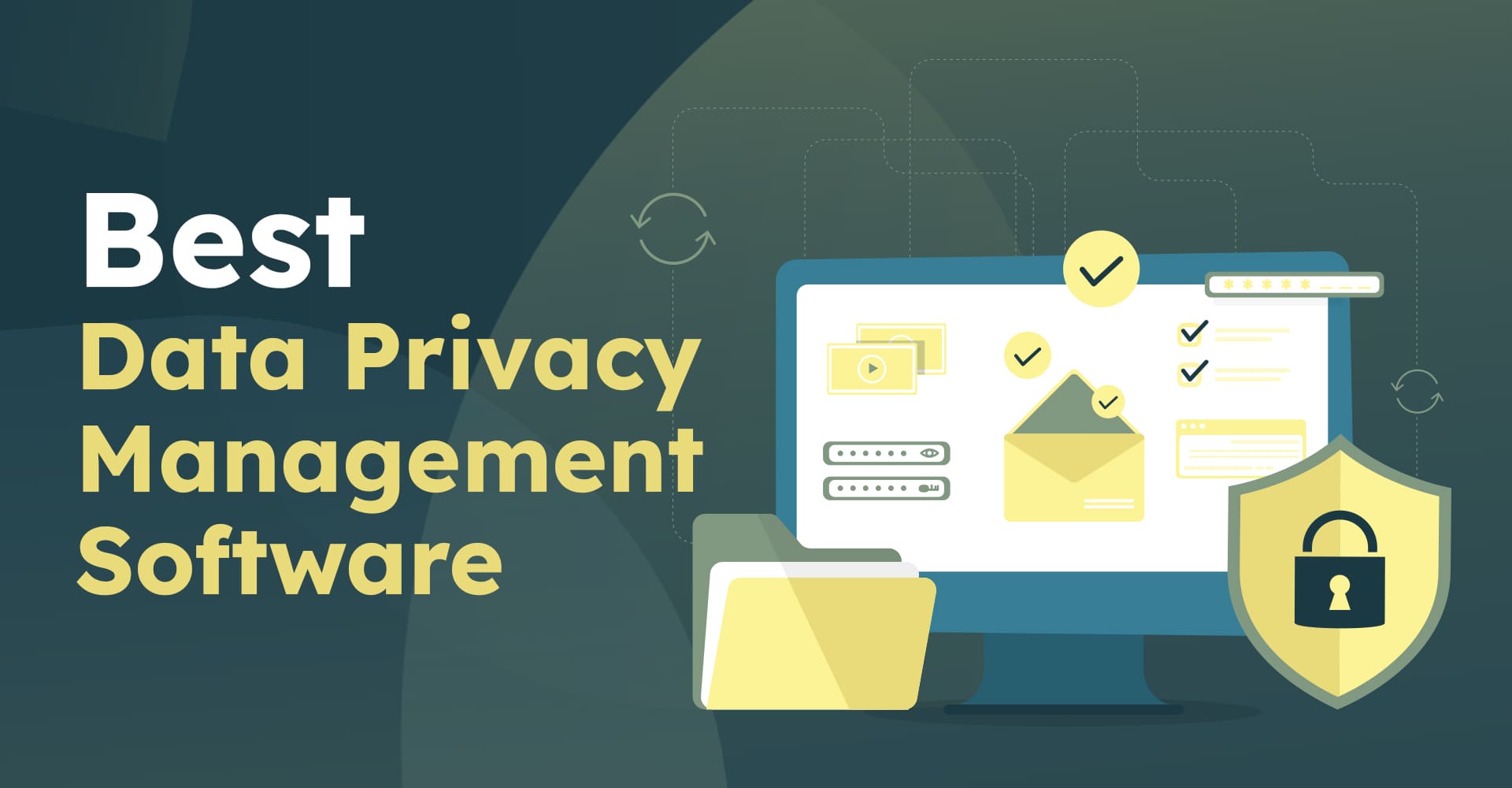
Standard email services often scan message content for advertising purposes and may comply with government surveillance requests without transparency.
Top Encrypted Email Providers in 2025
- Proton Mail: The market leader in encrypted email continues to innovate with end-to-end encryption and zero-access encryption that prevents even Proton from accessing your emails. Their 2025 update introduced more seamless encryption when communicating with non-Proton users. TechRadar
- Tuta Mail (formerly Tutanota): Offers complete end-to-end encryption for emails, contacts, and calendars. Their unique encrypted search index allows you to search emails securely without creating security vulnerabilities. PCMag
- Startmail: Developed by the creators of private search engine Startpage, StartMail provides easy-to-use encryption with disposable email aliases—perfect for online shopping and account registrations. PrivacyTools
- Mailfence: Offers OpenPGP encryption with digital signatures and two-factor authentication. Unlike many competitors, they provide a complete suite with calendar and document storage. Cybersecurity Insiders
When transitioning to encrypted email, consider setting up email forwarding from your old accounts and gradually moving important contacts to your new secure address.
Secure Messaging Apps: Private Conversations

As messaging increasingly replaces traditional phone calls, securing these communications is essential for maintaining privacy.
Best Encrypted Messaging Apps in 2025
- Signal: Consistently rated as the gold standard for secure messaging, Signal employs robust end-to-end encryption by default for all communications. Its open-source protocol has been extensively audited and adopted by other messaging platforms. PCMag
- Session: Based on the Signal protocol but with additional anonymity features, Session doesn’t require a phone number or email for registration. Its decentralized network architecture further enhances privacy. Reddit
- Element (Matrix): The leading open-source, decentralized messaging platform offers end-to-end encryption while allowing users to host their own servers for complete control. PrivacyTools
- Briar: Unlike most messaging apps, Briar operates on a peer-to-peer network that functions even during internet outages. Messages are stored on your device rather than centralized servers, adding a layer of privacy. PCMag
For maximum security, encourage your frequent contacts to adopt the same secure messaging platform, as cross-platform messaging often reduces encryption effectiveness.
Password Managers: Fortifying Your Digital Gates

Weak and reused passwords remain one of the most common security vulnerabilities. A password manager solves this by generating, storing, and auto-filling strong unique passwords.
Leading Password Managers in 2025
- Bitwarden: Open-source and independently audited, Bitwarden offers comprehensive features in its free tier with affordable premium options. Its 2025 update introduced passkey support and enhanced autofill functionality. CNET
- 1Password: Known for its user-friendly interface and robust security features, 1Password’s analytics capabilities help identify weak passwords and potential security risks. Their Travel Mode feature allows temporary removal of sensitive data when crossing borders. Security.org
- Keeper: Offers best-in-class password security with zero-knowledge architecture and breach monitoring. Their 2025 version introduced advanced sharing capabilities for families and organizations. PCMag
- Proton Pass: From the creators of Proton Mail and Proton VPN, this relatively new entrant provides seamless integration with other Proton services while maintaining their privacy-first approach. PCMag
Most password managers also offer secure storage for other sensitive information like credit cards and secure notes, making them versatile privacy tools.
Encryption Tools: Locking Down Your Data

Encryption tools protect your data both at rest (stored on devices) and in transit (being sent over networks).
Best Encryption Software in 2025
- VeraCrypt: This open-source disk encryption software creates encrypted volumes or encrypts entire drives. Its 2025 update improved performance while maintaining the robust security that made it the successor to TrueCrypt. TechRadar
- Cryptomator: Designed specifically for cloud storage encryption, Cryptomator creates encrypted vaults within your Dropbox, Google Drive, or other cloud storage. Files are encrypted before uploading, ensuring cloud providers can’t access your data. G2
- AxCrypt Premium: Known for its simplicity and ease of use, AxCrypt makes file encryption accessible to non-technical users while maintaining strong security standards. PCMag
- FileVault 2: Apple’s built-in full-disk encryption for macOS continues to provide seamless protection for Mac users with minimal performance impact. eSecurity Planet
- BitLocker: Microsoft’s integrated encryption solution for Windows provides full disk encryption with TPM support, making it an excellent option for Windows users. Heimdal Security
In addition to these tools, consider using 7-Zip for encrypting individual files or folders with AES-256 encryption before sharing them.
DNS Protection: Securing Your Internet’s Address Book

DNS (Domain Name System) requests can reveal your browsing history to your ISP or network administrators. Private DNS services encrypt these requests.
Top Private DNS Services in 2025
- NextDNS: Offers customizable DNS filtering with analytics, blocking malware, ads, and trackers at the DNS level. Their 2025 upgrade introduced AI-powered threat detection. PrivacyTools
- Quad9: This non-profit DNS service blocks known malicious domains while providing encrypted DNS. Independent tests show it’s among the fastest DNS providers with excellent privacy practices. Reddit
- AdGuard DNS: Focuses on blocking ads and trackers via DNS, making your browsing faster and more private across all your devices. Lifewire
- Cloudflare 1.1.1.1: Known for its speed and commitment to privacy, Cloudflare’s DNS service doesn’t sell user data and purges logs within 24 hours. TechRadar
Configuring private DNS is particularly important for mobile devices that frequently connect to various networks.
Anti-Tracking Tools: Stopping Digital Surveillance

Beyond browsers, dedicated anti-tracking tools provide additional layers of protection against various tracking technologies.
Effective Anti-Tracking Solutions in 2025
- Privacy Badger: Developed by the Electronic Frontier Foundation, this intelligent tracker blocker learns and adapts to new tracking methods automatically. Captain Compliance
- Disconnect: Visualizes and blocks invisible trackers, speeding up page loads while protecting privacy. Their 2025 version introduced protection against advanced fingerprinting techniques. PCMag
- Brave Firewall + VPN: Combines a firewall and VPN to block trackers at the device level, protecting not just browsing but all app connections. Esprezzo Blog
- DuckDuckGo App Tracking Protection: Available for Android, this free tool blocks trackers across your entire device without requiring a VPN. Esprezzo Blog
For comprehensive protection, consider using multiple anti-tracking approaches, as each tends to catch different types of trackers.
Anonymity Networks: The Ultimate Privacy Layer
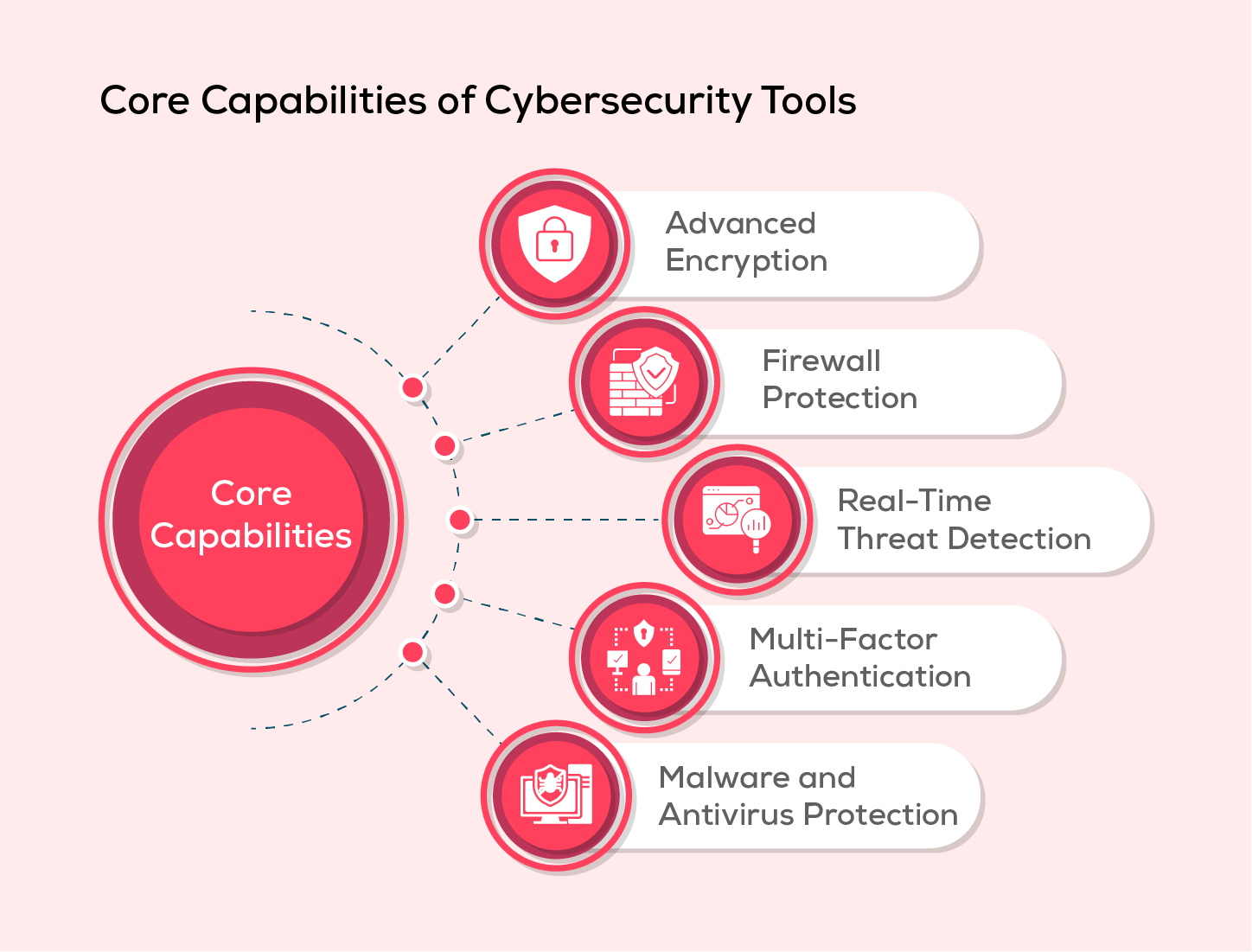
For situations requiring the highest level of privacy, anonymity networks route your traffic through multiple servers to obscure its origin.
Top Anonymity Networks in 2025
- Tor Network: The most established anonymity network, routing traffic through three random relays. The latest Tor implementations have significantly improved speeds compared to previous versions. Anonymous Hackers
- I2P (Invisible Internet Project): Designed as a network within the internet with a focus on internal services, I2P offers distinct advantages for certain use cases compared to Tor. Cloudwards
- Freenet: A peer-to-peer platform for censorship-resistant communication and publishing, Freenet stores encrypted data across the network rather than routing through it. Software House
Anonymity networks typically trade convenience and speed for enhanced privacy, making them most appropriate for specific privacy-sensitive activities rather than everyday use.
Emerging Privacy Threats in 2025
The privacy landscape continues to evolve with new threats emerging regularly:
- AI-Powered Attacks: Artificial intelligence is increasingly being weaponized to create sophisticated phishing attempts and bypass traditional security measures. LexisNexis
- Advanced Tracking Technologies: Companies are developing more sophisticated fingerprinting methods that can identify users even without traditional cookies or identifiers. Morrison Foerster
- Supply Chain Vulnerabilities: Attackers increasingly target trusted software providers to distribute malware through legitimate update channels. SentinelOne
- Quantum Computing Threats: As quantum computing advances, current encryption standards may become vulnerable, necessitating quantum-resistant encryption methods. Morrison Foerster
- Biometric Data Risks: With facial recognition and other biometric systems becoming ubiquitous, the unique nature of biometric data creates special privacy concerns. DataGrail
Creating Your Personal Privacy Strategy
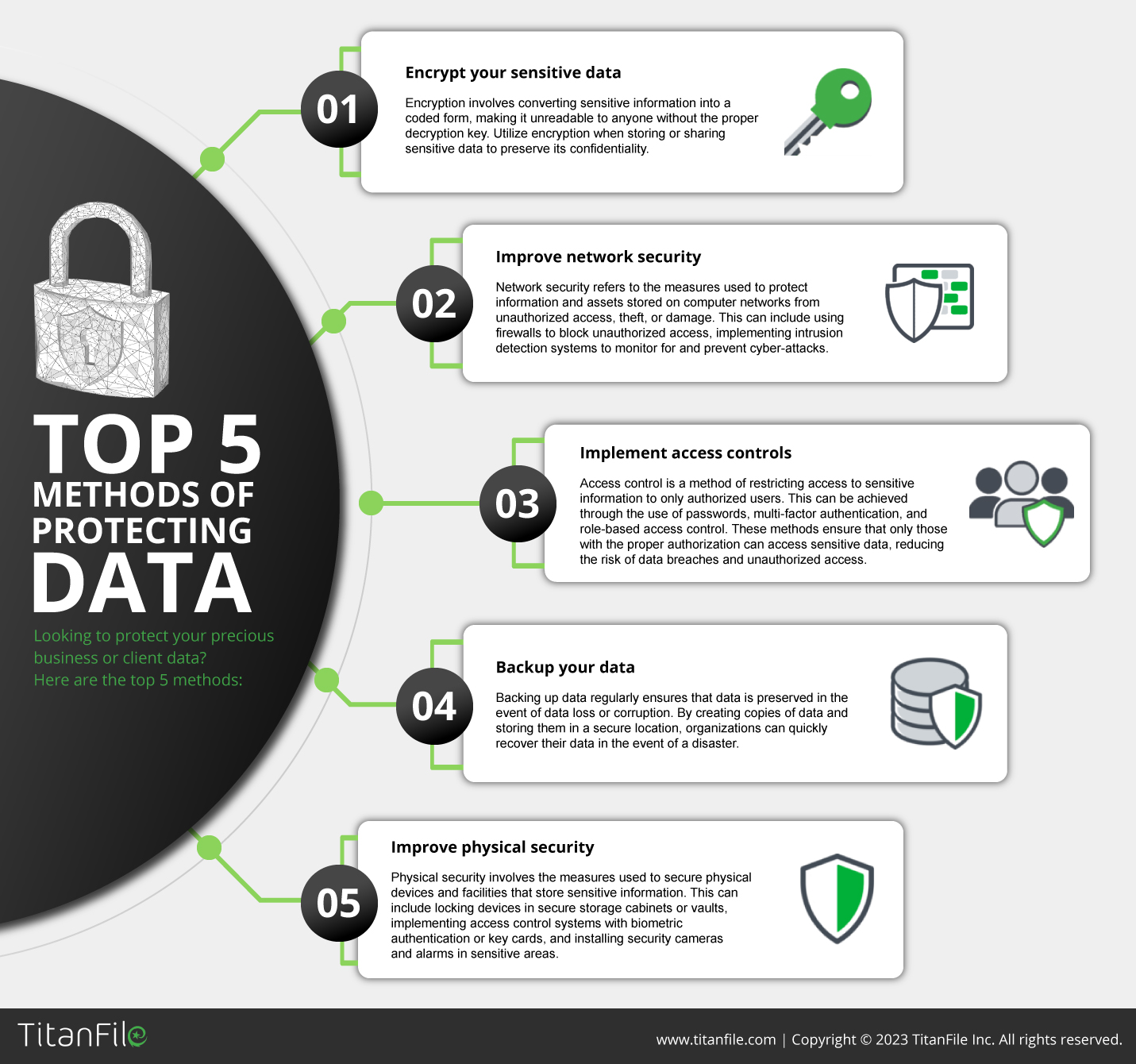
Rather than implementing all privacy tools at once, consider a tiered approach:
Basic Protection (Essential for Everyone)
- Use a reputable password manager
- Install a privacy-focused browser or extensions
- Enable two-factor authentication when available
- Use encrypted messaging for sensitive communications
Intermediate Protection
- Add a trustworthy VPN service
- Switch to an encrypted email provider
- Configure private DNS settings
- Implement disk encryption on all devices
Advanced Protection
- Use anonymity networks when needed
- Employ specialized anti-tracking tools
- Consider privacy-focused operating systems like Linux
- Regularly audit your privacy settings and digital footprint
Conclusion: The Future of Digital Privacy
As we navigate through 2025, the importance of privacy tools will only increase. Data breaches continue to rise, with statistics showing that 86% of consumers now support giving individuals the right to sue for damages after data breaches. Secureframe
The good news is that privacy awareness is growing alongside these threats. A record 74% of organizations report receiving adequate backing from their boards for privacy initiatives, indicating a shift in corporate attitudes toward data protection. Tanium
By implementing the privacy tools discussed in this guide, you can significantly reduce your digital vulnerability while maintaining the convenience and functionality of modern technology. Remember that privacy is not about having “something to hide”—it’s about maintaining control over your personal information in an increasingly data-driven world.
The tools and strategies outlined here provide a framework for protecting your digital life in 2025 and beyond. As threats evolve, so too will privacy solutions—making ongoing education and adaptation essential components of any comprehensive privacy strategy.
About the Author: This article was prepared using the latest research and testing of privacy tools available in 2025. Our recommendations are based on independent evaluations, expert opinions, and real-world performance metrics.
This post was last updated on May 5, 2025, to reflect the most current privacy tools and threats.
